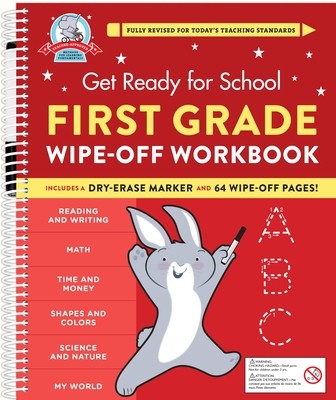
Since all children learn differently, see how you can incorporate art, movement and senses into reading activities. Talk to him or her about what they are learning and have your child explain a concept or have them practice the concept in a different way at home.Let your child complete his or her own homework, but check over it before submitting it.Check your child’s online portal daily and make sure to read all communications.Most 1st graders are also learning to answer questions about key story ideas, retell the story and describe the characters. They are reading grade level text with accuracy, appropriate rate and expression. These spelling lists might focus on teaching word families and basic word patterns.īy the end of the year, 1st graders are reading more complicated sentences such as “He is baking a pink cake.” without needing to sound out known words. Reading levels at this age vary a lot based on pre-school and kindergarten reading exposure, and that’s OK! If you’re not sure that your child’s reading skills are ready for first grade, let Sylvan help! Whether you want your child to catch up on his or her reading skills or jump ahead with activities that enrich and challenge, Sylvan’s 1st grade reading tutors make learning personal to your child.įirst grade is a BIG reading year and many children begin the year sounding out basic consonant-vowel-consonant three letter words such as “cat.” Spelling lists and weekly spelling tests are common in most 1st grade classrooms. Encourage your child to play with sounds and words by playing games such as, “What sound is in the beginning of the word ‘ball’ (or ‘horse,’ or ‘fan’)?” Have your child practice reading them to you.


Find or make easy to read books that include simple sentences. Often times, schools will use Dolch or Fry word lists in their curriculum and parents should practice these words with kids at home.īefore school begins, read with your child often. Knowing the first 50 sight words, such as: “you,” “the,” and “a,” are also important.

Most children enter 1st grade being able to name the letters and identify the sounds.

One way to prepare your rising 1st grader is to practice giving he or she verbal 2- and 3-step directions Allow your child more time to craft independently and provide opportunities for him or her to sit down and practice paper/pencil work at a table or desk area for time periods of 15 minutes or more. They are also ready and able to complete lengthy projects by focusing their attention on a task for 15 minutes or more. Children who are well prepared for 1st grade enter school being able to follow 2- and 3-step directions. What Your 1st Grader Should Know Preparing for 1st gradeįirst grade involves increased responsibilities and huge growth in terms of learning to read.


 0 kommentar(er)
0 kommentar(er)
